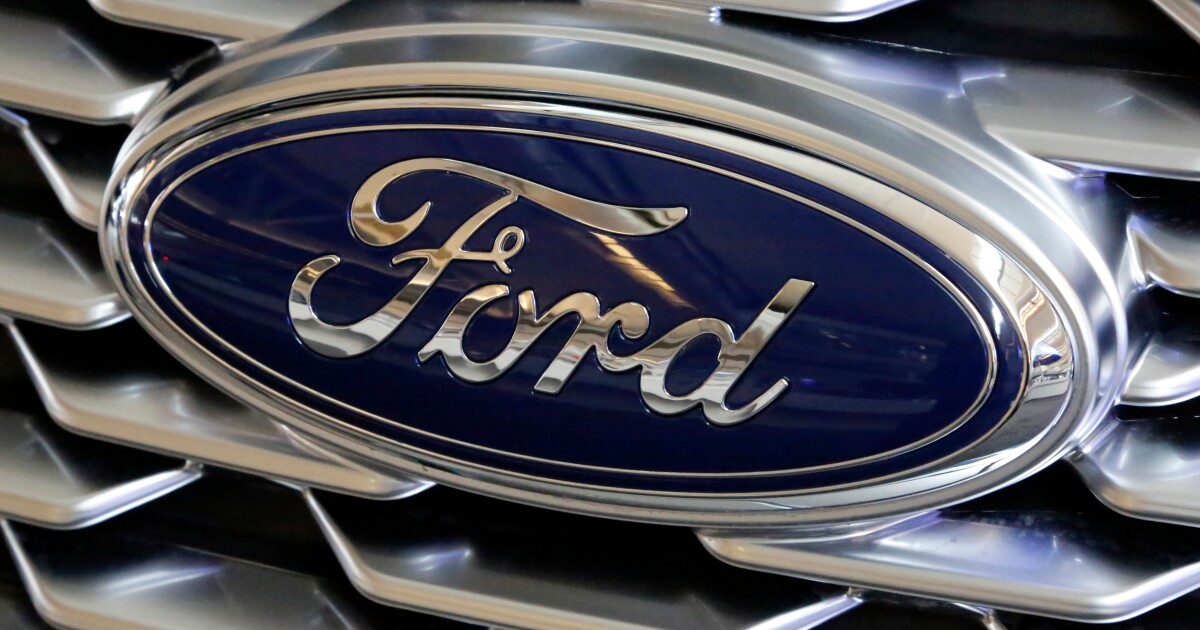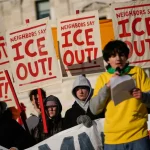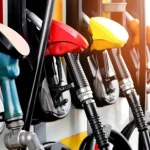

Democrats in the Senate have opened a probe into whether major automobile manufacturers use parts assembled by forced labor in China in cars sold in the United States.
The probe, which was launched by Senate Finance Committee Chairman Ron Wyden (D-OR), seeks information from Ford, General Motors, Honda, Mercedes-Benz, Stellantis, Tesla, Toyota, and Volkswagen, on whether the car parts come from the forced labor of China’s Uyghurs population. Importing goods made with forced labor violates federal trade laws.
TESLA MALFUNCTIONS: FROM RECALLS TO CAR FIRES, A LOOK BACK AT TESLA’S 2022 WOES
“Unless due diligence confirms that components are not linked to forced labor, automakers cannot and should not sell cars in the United States that include components mined or produced in Xinjiang,” Wyden wrote in a letter last week. “The United States considers the Chinese government’s brutal oppression of Uyghurs in Xinjiang an ‘ongoing genocide and crimes against humanity.’”
A recent report from the Helena Kennedy Centre for International Justice found that the alleged manufacturers had supply chain ties to the Uyghurs population in northwest China, through batteries, electronics, wheels, glass, and other supplies.
“I recognize automobiles contain numerous parts sourced across the world and are subject to complex supply chains,” Wyden said. “However, this recognition cannot cause the United States to compromise its fundamental commitment to upholding human rights and U.S. law.”
Uyghurs are a Turkish minority group of Muslims in China, who have allegedly been subjected to human rights violations by the Chinese government. Xinjiang is a territory in northwest China.
CLICK HERE TO READ MORE FROM THE WASHINGTON EXAMINER
Wyden specifically asked whether the automakers conduct their own supply chain mapping and analysis of raw materials, mining, processing, and parts manufacturing to determine if their supply chains are linked to Xinjiang, and whether they have had goods detained, excluded or seized by U.S. Customs and Border Protection under the new Uyghur Forced Labor Protection Act that was signed into law last year.
Several of the car manufacturers have already denied any ties to the forced labor in China, with Volkswagen claiming it found “no evidence” of forced labor in its Xinjiang plant. Wyden has given companies until Jan. 13 to respond to the questions, according to the Washington Times.





